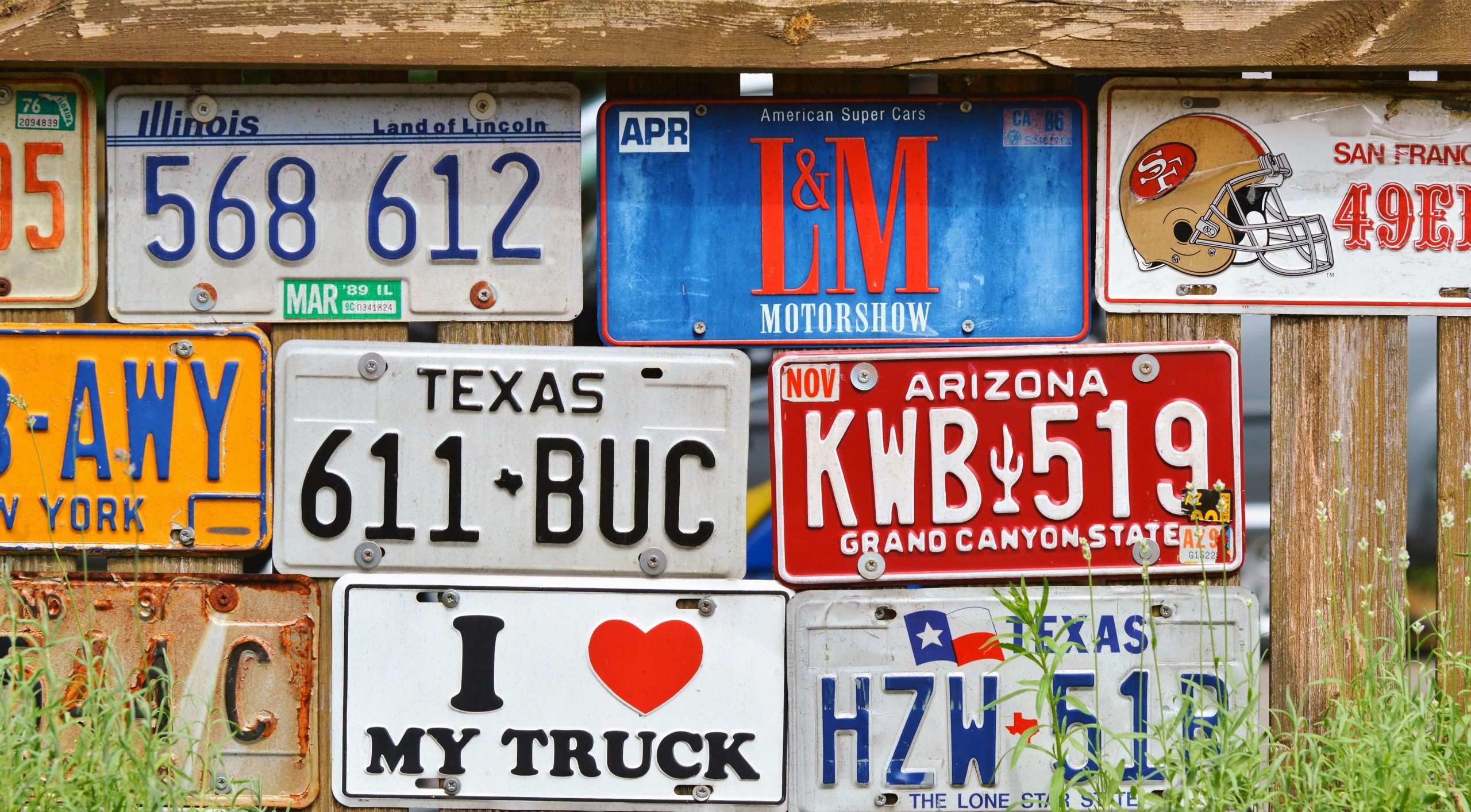Legal Concerns with Uninsured Trucking Company After Highway Accident
Navigating insurance issues following a road collision involving commercial vehicles can be complex and concerning. Recently, a driver involved in a minor highway incident experienced difficulties with the trucking company’s insurance status, raising questions about their liability and strategic behavior.
Case Overview:
-
Incident Details: A small collision occurred when a truck merged improperly across double solid lines, striking another vehicle. The estimated repair cost stands at approximately $11,000.
-
Insurance Information: The truck driver provided their insurance details, along with photographic evidence. However, upon verification, it was discovered that the policy had lapsed two months prior to the accident.
-
Company Response: Attempts to contact the trucking company’s management have been met with evasiveness. The fleet manager requested a callback when in the office and has not responded to subsequent calls.
-
Company Insurance Profile: A search via the Department of Transportation (DOT) database reveals that the company’s only current active policy is with Geico Marine—a provider generally not associated with commercial trucking. Industry insight suggests such discrepancies may be an attempt to circumvent mandatory trucking insurance requirements by maintaining a non-commercial policy that does not cover their vehicle operations.
-
Regulatory Filings: The company filed an MCS-150 form three days after the incident, which is a federal requirement for motor carriers but does not necessarily confirm coverage details.
Questions and Next Steps:
Given these circumstances, you might be contemplating whether the trucking company is intentionally avoiding proper insurance coverage to evade liability. The critical considerations include:
-
Is the trucking company attempting to buy time in hopes that the incident will be forgotten or settled informally?
-
Should you engage legal counsel promptly to evaluate your options?
-
Would sending a certified demand letter for damages be advisable at this stage?
-
Or is it prudent to consider filing a lawsuit immediately?
Additional Insurance Concerns:
Your father-in-law’s vehicle involved in the collision is covered comprehensively; however, at the time of the accident, he was operating as an Uber driver. This raises questions about whether his insurer is aware of his Uber activity and if Uber’s commercial coverage would apply in this case. You are cautious about filing a claim through your own insurance provider due to potential policy repercussions, such as claim denial or policy cancellation for using the vehicle for ride-sharing services.
Emerging Questions:
-
Is there a possibility that the trucking company maintains other insurance policies not disclosed publicly?
-
Should you persist in attempting to make contact or move forward with your insurer?
-
Would



